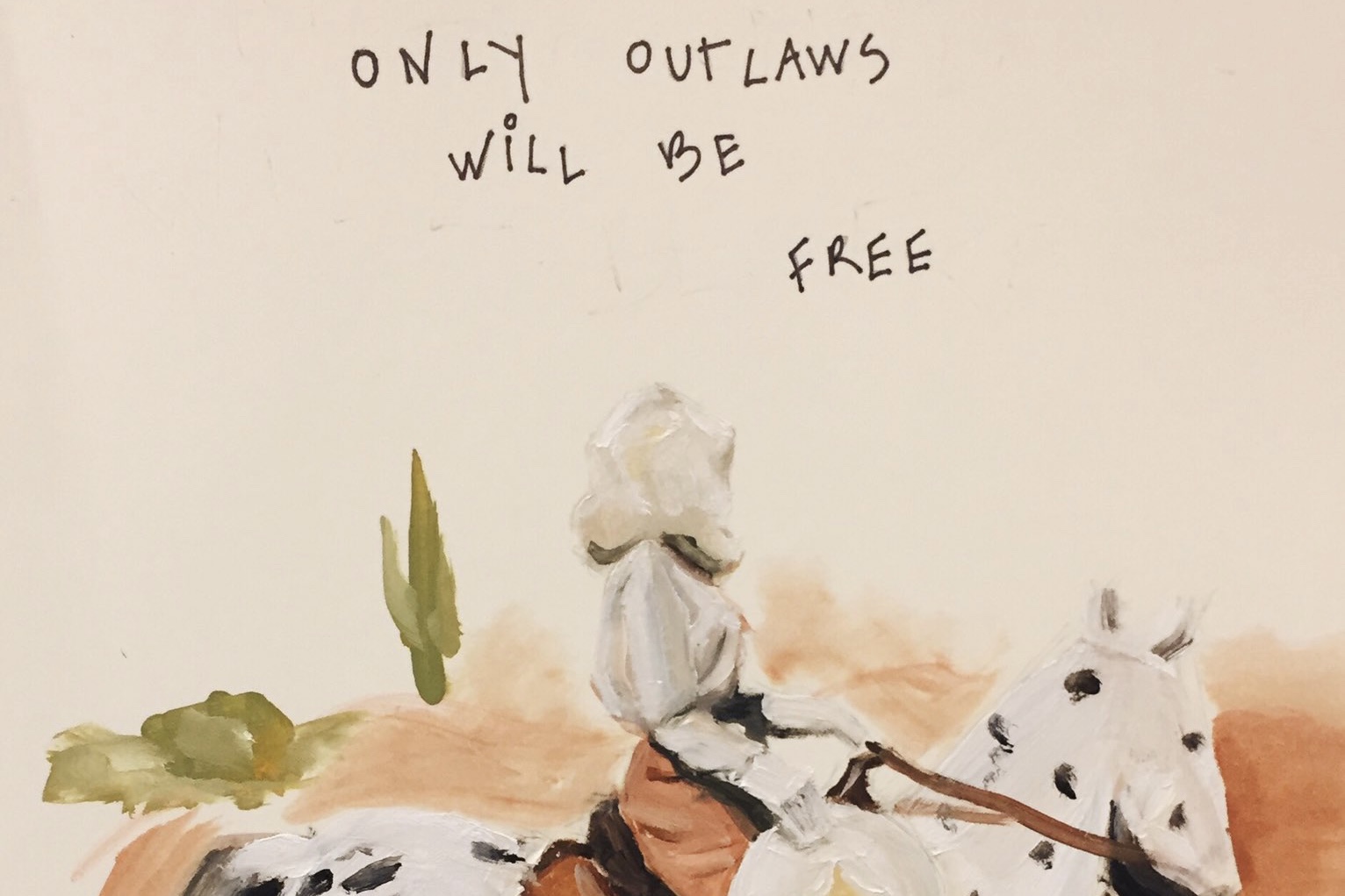Wiktionary erroneously defines epikeia as “the principle in ethics that a law can be broken to achieve a greater good.” Of course, the notion that the end justifies the means can never be squared with Catholic moral theology. As soon as one believes that the end justifies the means, one approaches the moral theology heresies of consequentialism and proportionalism. I blogged against those errors here in a post called The Greater Good is Not a Catholic Moral System especially when applied to forcing people to take an experimental injection “for the greater good” a couple years ago.
But St. Thomas Aquinas did hold epikeia to be an important virtue. St. Thomas essentially teaches that epikeia is when you put common sense ahead of legalism or when you put the spirit of the law ahead of the letter of the law. In the second part of the second part of the Summa, St. Thomas writes a respondeo in Question 120 using just such an example:
Thus the law requires deposits [loans?] to be restored, because in the majority of cases this is just. Yet it happens sometimes to be injurious—for instance, if a madman were to put his sword in [loan] and demand its delivery while in a state of madness, or if a man were to seek the return of his [loan] in order to fight against his country. On these and like cases it is bad to follow the law, and it is good to set aside the letter of the law and to follow the dictates of justice and the common good. This is the object of “epikeia” which we call equity. Therefore it is evident that “epikeia” is a virtue.
Epikeia (again, a virtue according to St. Thomas Aquinas) requires we put common sense ahead of legalism. St. Thomas is obviously not saying “the greater good” can be used to say that the end justifies the means. Rather, when applied correctly, epikeia leads to extremely clear conclusions on Church and State today: No prelate can obliterate the ancient Mass. No bishop can say you can’t receive Holy Communion on the tongue in fear of a flu with a 99.92% survival rate. No priest can be suspended for preaching orthodoxy even under the pretext that such orthodoxy is “disobedient” (as happened to a priest friend of mine in Texas.) No government can say you must take an experimental drug. No Cardinal-in-white can say it’s okay to worship a pagan demon-god like a Pachamama. Nobody can be arrested and placed in solitary confinement for walking into an open Capital building on January 6th. No diocesan tribunal can end a valid marriage.
Of course, the neo-con non-trad would reply to all of this: “Well, who is to determine what is a just command if not your superiors in Church and State?” The answer is quite simple: St. Thomas Aquinas and all saints believed every person to have access to common-sense, and if any order were to go against common-sense, it is probably to be ignored.
In fact, all of those controversies two paragraphs up go against both common sense and the Catholic Magisterium or the US Constitution. Therefore, there is no law against them. Common-sense is indeed a part of our discernment of obedience, for we Catholics have always believed in the marriage of faith and reason, not an arbitrary and capricious obedience as found in Islam. We priests must be obedient to God and—at a distant second—to our bishops’ just commands. But when there is a rub between the two, we must obey God rather than man, for there’s a hierarchy of obedience.
And when an infiltration of the Church and State has taken place at such a deep level as of today, the ones making the unjust commands will ironically label as “outlaws” those holding to St. Thomas and the classic Magisterium of the Catholic Church. But we know at the end of the day, as the Apostle said, it is for freedom that Christ has set us free.

p/c and drawing from @LittleApostate.
